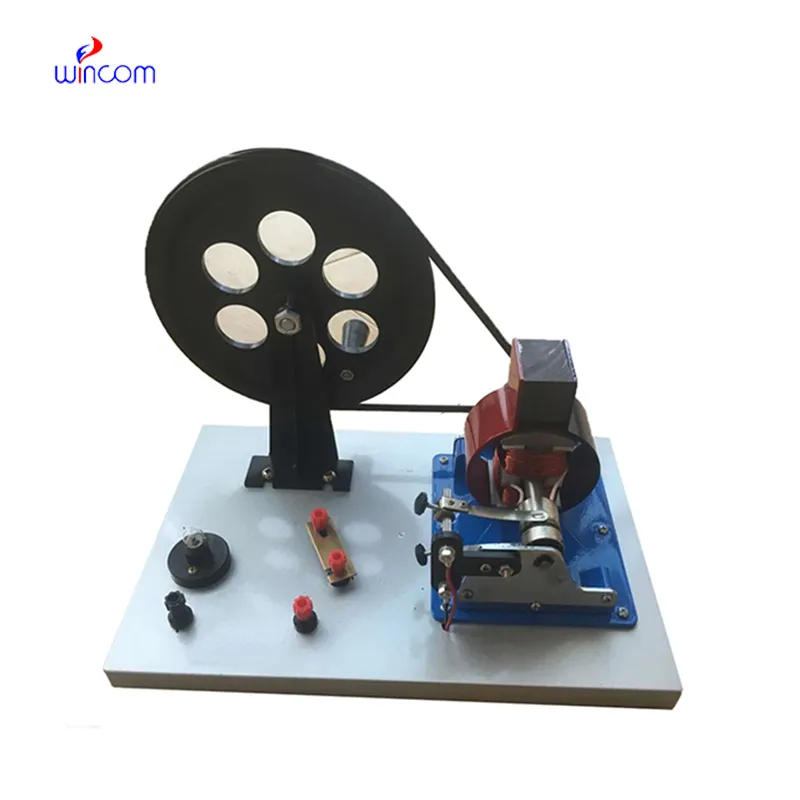
The open vs closed mri machine combines ergonomics with advanced high-performance imaging technology to deliver best-in-class scanning performance. The open and wide-bore configurations of the open vs closed mri machine improve patient access for mobility-compromised patients. The open vs closed mri machine also comes equipped with real-time monitoring, which allows radiologists to view the quality of images in real-time during scanning.

In spinal tests, the open vs closed mri machine offers precise cross-sectional images of discs, vertebrae, and nerve roots. It helps diagnose disc degenerative disorders, herniated discs, and compression of the spinal cord. Unbelievable accuracy is achieved in measuring alignment and detecting inflammation by doctors using the open vs closed mri machine.

Tomorrow's open vs closed mri machine will consist of advanced AI diagnostics that scan for abnormalities in real time. Wheel-equipped MRI units will soon be commonplace, bringing access to rural or emergency settings. The open vs closed mri machine will play a key role in predictive medicine by reading changes in physiology before symptoms manifest.

To ensure the open vs closed mri machine are in proper working condition, staff must perform daily visual examination and cleanliness tests. Scheduled engineering inspections must be carried out with coil testing and magnetic field alignment. The open vs closed mri machine should always be operated under controlled conditions to prevent equipment drift and provide accurate imaging.
The open vs closed mri machine enables doctors to examine internal anatomy with unimaginable accuracy and non-surgically. It guides soft tissue, nerves, and blood flow patterns with magnetic resonance. The open vs closed mri machine is also used to diagnose internal injuries and track disease progression over a period of time.
Q: What should patients avoid before an MRI scan? A: Patients should avoid wearing metal objects, such as jewelry, watches, or hairpins, as these can interfere with the MRI machine's magnetic field. Q: How does MRI help in brain imaging? A: MRI provides detailed views of brain structures, helping detect conditions such as tumors, aneurysms, multiple sclerosis, and stroke-related damage. Q: Can MRI scans be performed on children? A: Yes, MRI is safe for children since it doesn’t use radiation. In some cases, mild sedation may be used to help young patients remain still during scanning. Q: What is functional MRI (fMRI)? A: Functional MRI measures brain activity by detecting changes in blood flow, allowing researchers and doctors to study brain function and neural connectivity. Q: How are MRI images interpreted? A: Radiologists analyze the images produced by the MRI machine to identify abnormalities, tissue differences, or structural changes that are relevant to the diagnosis.
The hospital bed is well-designed and very practical. Patients find it comfortable, and nurses appreciate how simple it is to operate.
The water bath performs consistently and maintains a stable temperature even during long experiments. It’s reliable and easy to operate.
To protect the privacy of our buyers, only public service email domains like Gmail, Yahoo, and MSN will be displayed. Additionally, only a limited portion of the inquiry content will be shown.
Could you share the specifications and price for your hospital bed models? We’re looking for adjus...
I’d like to inquire about your x-ray machine models. Could you provide the technical datasheet, wa...
E-mail: [email protected]
Tel: +86-731-84176622
+86-731-84136655
Address: Rm.1507,Xinsancheng Plaza. No.58, Renmin Road(E),Changsha,Hunan,China